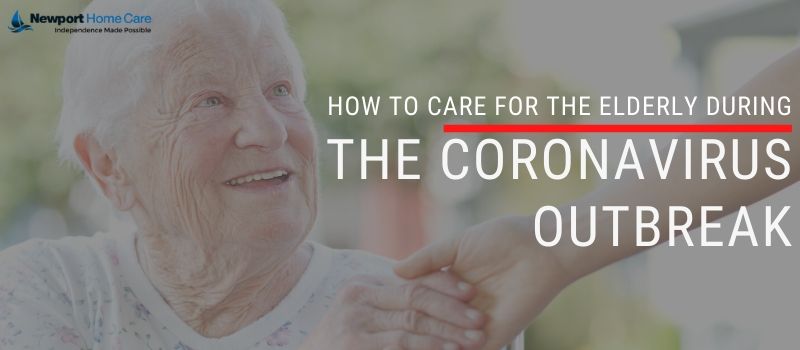


According to the US Centers for Disease Control and Prevention, older adults are more vulnerable to contracting COVID-19. This means the chances of them getting seriously ill if they catch the virus is potentially high.
If you are planning to visit your older relatives at their home, maintain at least a 6 feet distance from them. Avoid kissing and hugging. Also, maintain good hand hygiene practices. If you are worried about visiting the elderly people at home, remember that you can always keep in touch with them through emails, phone, and social media.
The elderly are more susceptible to coronavirus and COVID-19 for mainly health reasons. As people get older, their immune system becomes weaker, making them more vulnerable to infectious disease. In addition, many older adults may have preexisting medical conditions such as lung disease, diabetes, heart disease, or kidney disease. If seniors contract COVID-19, these preconditions will make a recovery more difficult.
Also, older adults may be living in a more crowded environment, such as a retirement home where there is a higher risk of infection. Also, they may be living in poverty, isolation, and have mobility challenges that restrict them from learning how to take proper care of them.
Here are some important things elderly people should follow to protect themselves from the coronavirus outbreak.
These guidelines are from WHO regarding how to protect you from the COVID-19 virus:
Elderly people should avoid nonessential doctor consultations as far as possible because it puts them in a potential risk to catch the virus. Also, if you are taking any critical prescribed medicines, make sure to stock them for at least 2-3 months.
Social isolation is a common problem faced by older adults. The virus outbreak can intensify this. To reduce the feeling of loneliness, you can try virtual meetings with your family and grandchildren on Skype and FaceTime.
Discuss the importance of hygiene with home aides and make sure they are feeling healthy.
Washing your hands frequently with soap and water or using alcohol-based hand rub helps to kill viruses and keep them away from you.
Providing home care to older adults can be considered if only a mild illness is detected, and they do not have any other underlying medical conditions such as heart disease or lung disease. However, make sure to call your healthcare professional immediately if you have concerns about COVID-19 and if any older adult in the family is sick.